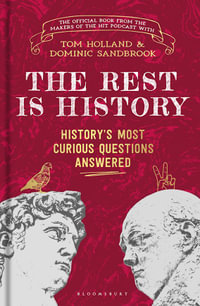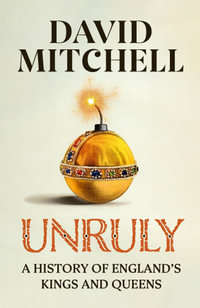Pompeius Trogus, a Romanized Gaul living in the age of Augustus, wrote a forty four-book universal history (The Philippic History) of the non-Roman, Mediterranean world. This work was later abbreviated by a certain M. Junianus Justinus, better know as Justin. This volume presents the first modern English translation and scholarly commentary on Books 11-12 of Justin's so-called "Epitome" of the history.These books constitute one of
the five major sources for the history of Alexander the Great and belong to the so-called "Vulgate" tradition, which in the opinion of many scholars derives ultimately from the lost historian Clearchus of
Alexandria. The original work of Pompeius Trogus appears to have had stylistic and historical influences on the better know History of Alexander by Quintus Curtius Rufus.In this volume the authors tease out and differentiate as far as possible the relative contributions of the historian Trogus and the "epitomator", Justin. The commentary examines the relationship of Justin-Trogus to both the extant sources and the works of the lost Alexander historians, and a
serous attempt is made to explain errors or deviations from well-known sources in terms of the methods of historian and "epitomator" before resorting to the expedient of textual emendation. A second volume,
covering books 13-15, is forthcoming.
Industry Reviews
`The English translation, based on Otto Seel's Teubner edition has been very successfully done ... an extremely useful work and we look forward to seeing the second volume.'
The Classical Review
`Yardley's translation is a pleasure to read with its clear and accurate rendition of Justin's rhetorical Latin. Heckel's commentary has similar merits. The entries are concise and lucid. Every crux is identified and unravelled, full references are provided to parallels in the other Alexander historians, and brief but well chosen bibliographies are furnished for each chapter. To work through the commentary is to take a well guided tour of the Alexander
tradition as a whole. ... an excellent addition to the Clarendon Ancient History Series. All students of Greek history will eagerly await the publication of the second volume.'
Bryn Mawr Classical Review
























